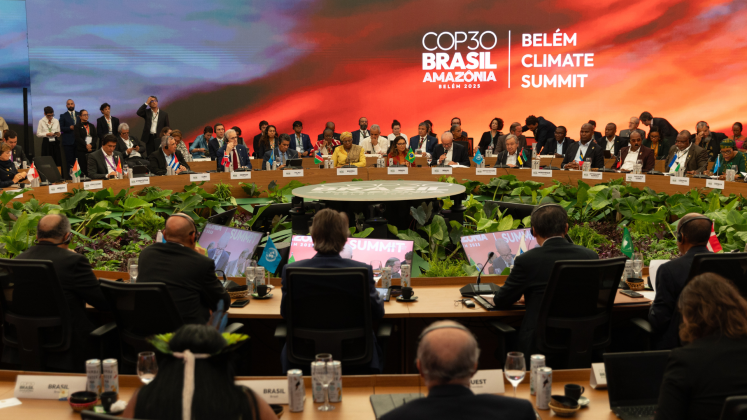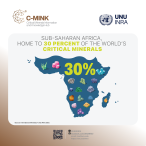The scale of a just energy transition is not only a question of technology or finance – it is a profound social and political transformation. This discussion paper by Dr Michael Franczak, Senior Researcher at UNU-CPR, examines how lessons from the creation of the post-Second World War economic order can guide today’s efforts to address climate change and build a more equitable and sustainable global economy.
Drawing parallels between the reconstruction of Europe and the contemporary challenge of climate change, the paper argues that success depends on institutional innovation, political vision and the ability to harness “dynamic prototypes” – practical experiments that evolve into enduring systems of cooperation. Just as the Marshall Plan restored confidence and spurred regional integration, a modern just transition framework must build confidence in the global green economy and foster collaboration across regions.
Building on UNU-CPR’s engagement with Brazil’s COP30 Presidency and its Circle of Presidents initiative, the paper distils five lessons for policymakers: embrace experimentation, identify tipping points, use finance as a catalyst for confidence, prioritise regional cooperation and prepare proactive plans to seize political moments.
By learning from the adaptive, collaborative spirit that shaped the post-war order, the paper calls for a new phase of global solidarity – one capable of mobilizing resources, restoring trust and delivering a just transition for all.
Read "Lessons from the Post-War Economic Order: Toward a Just Transition Framework" here.





